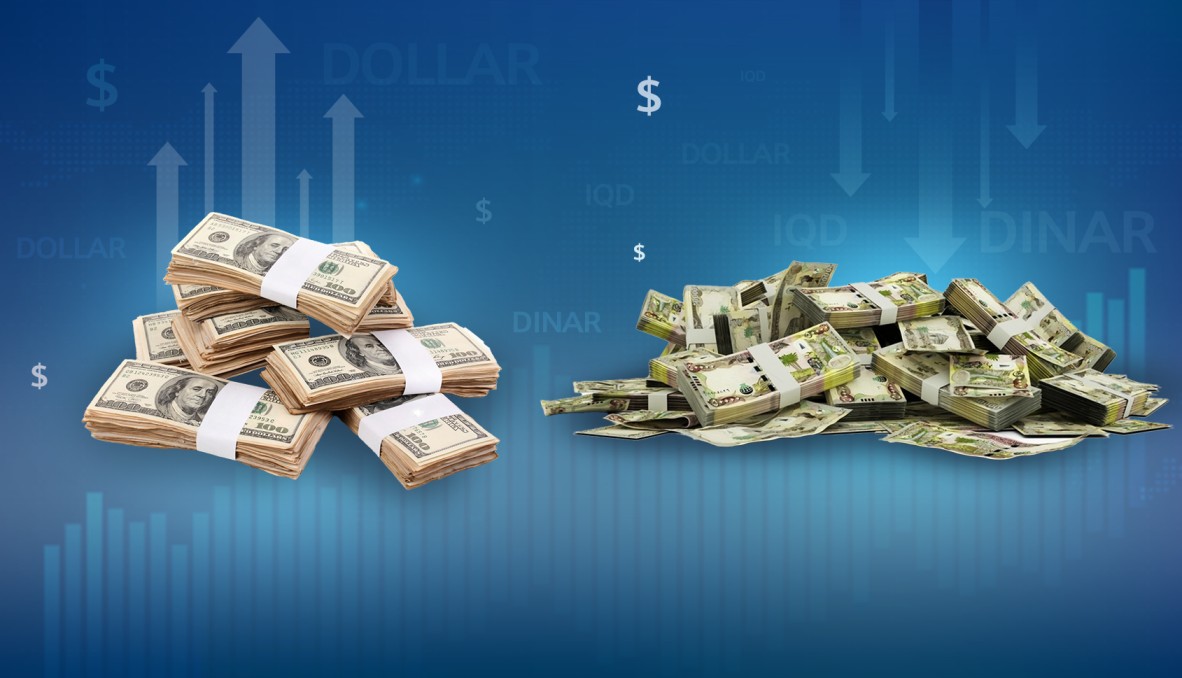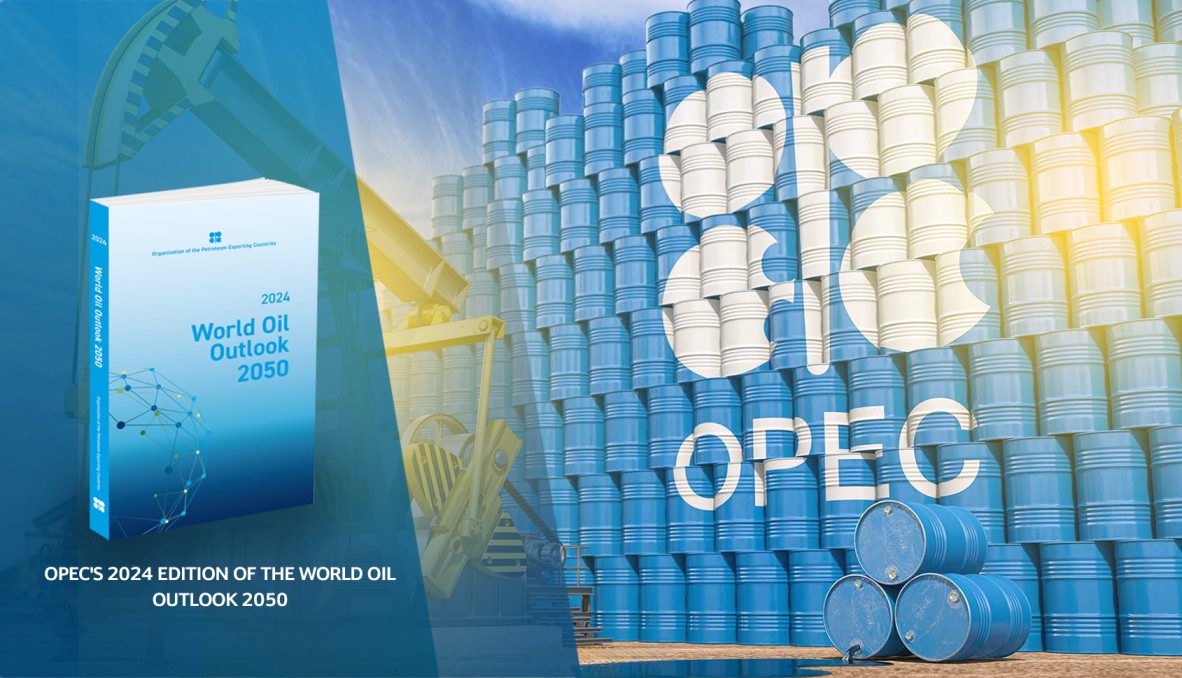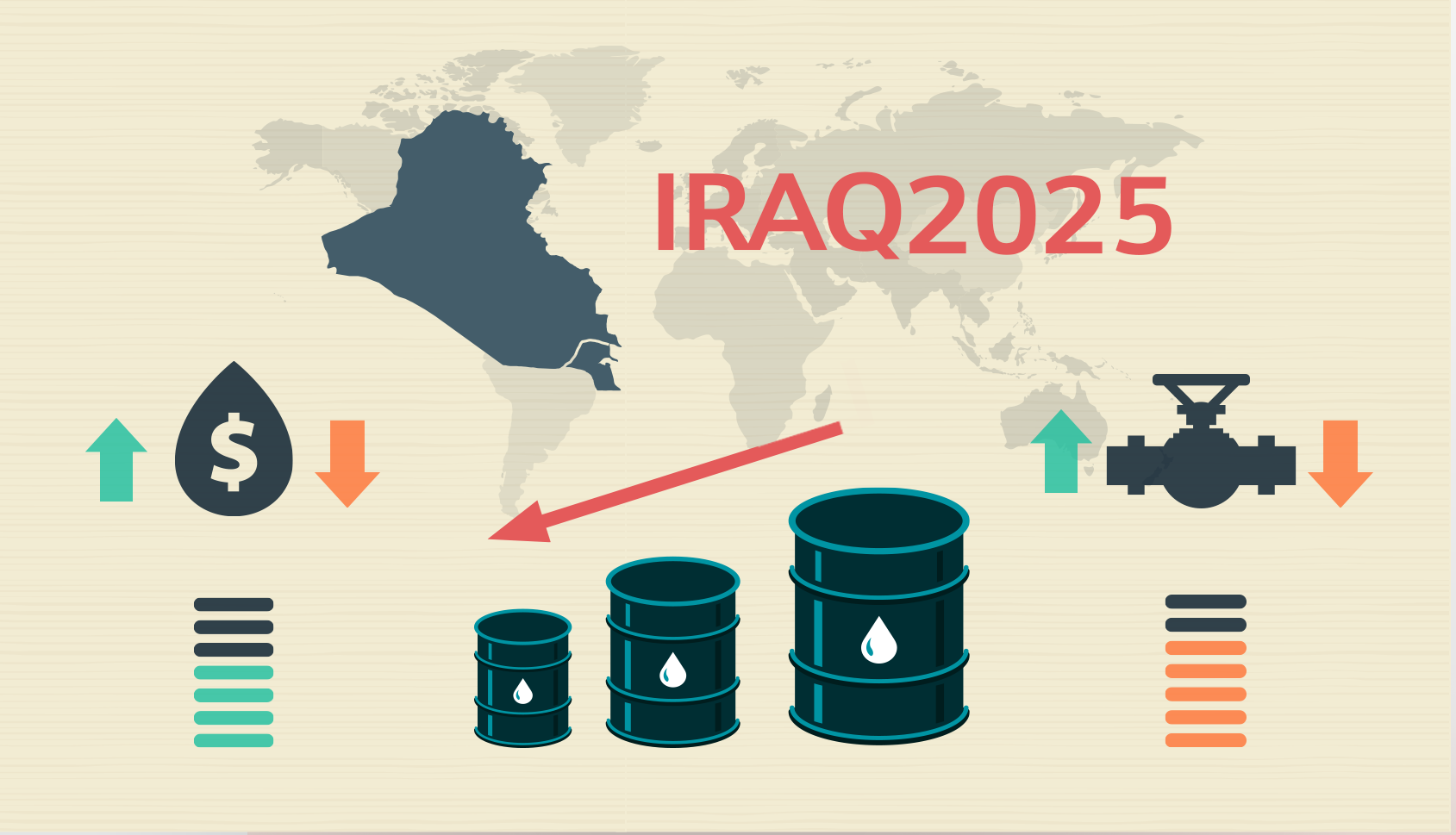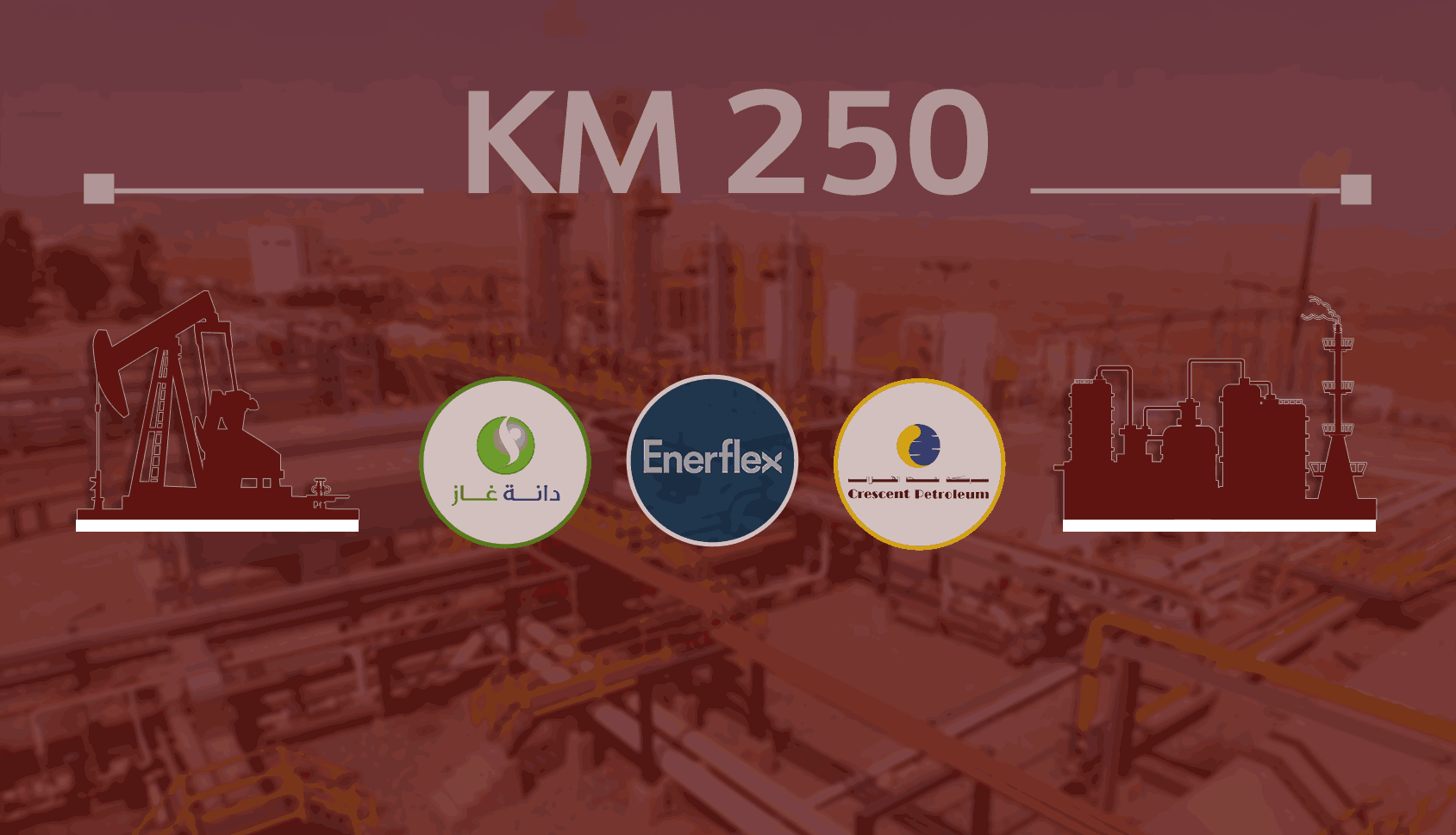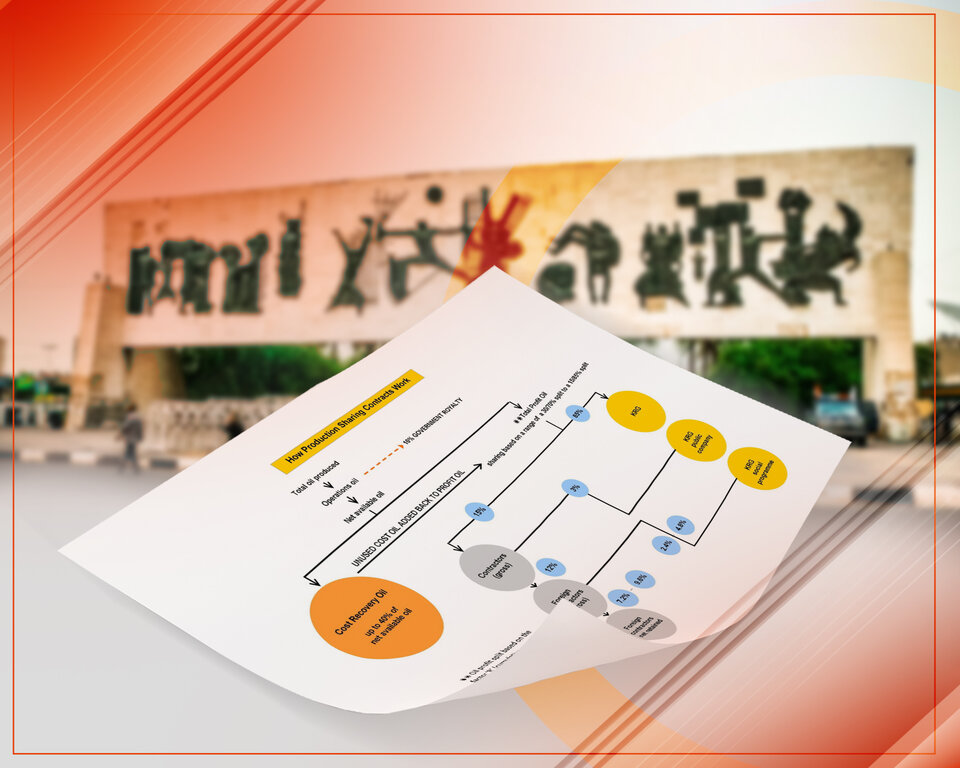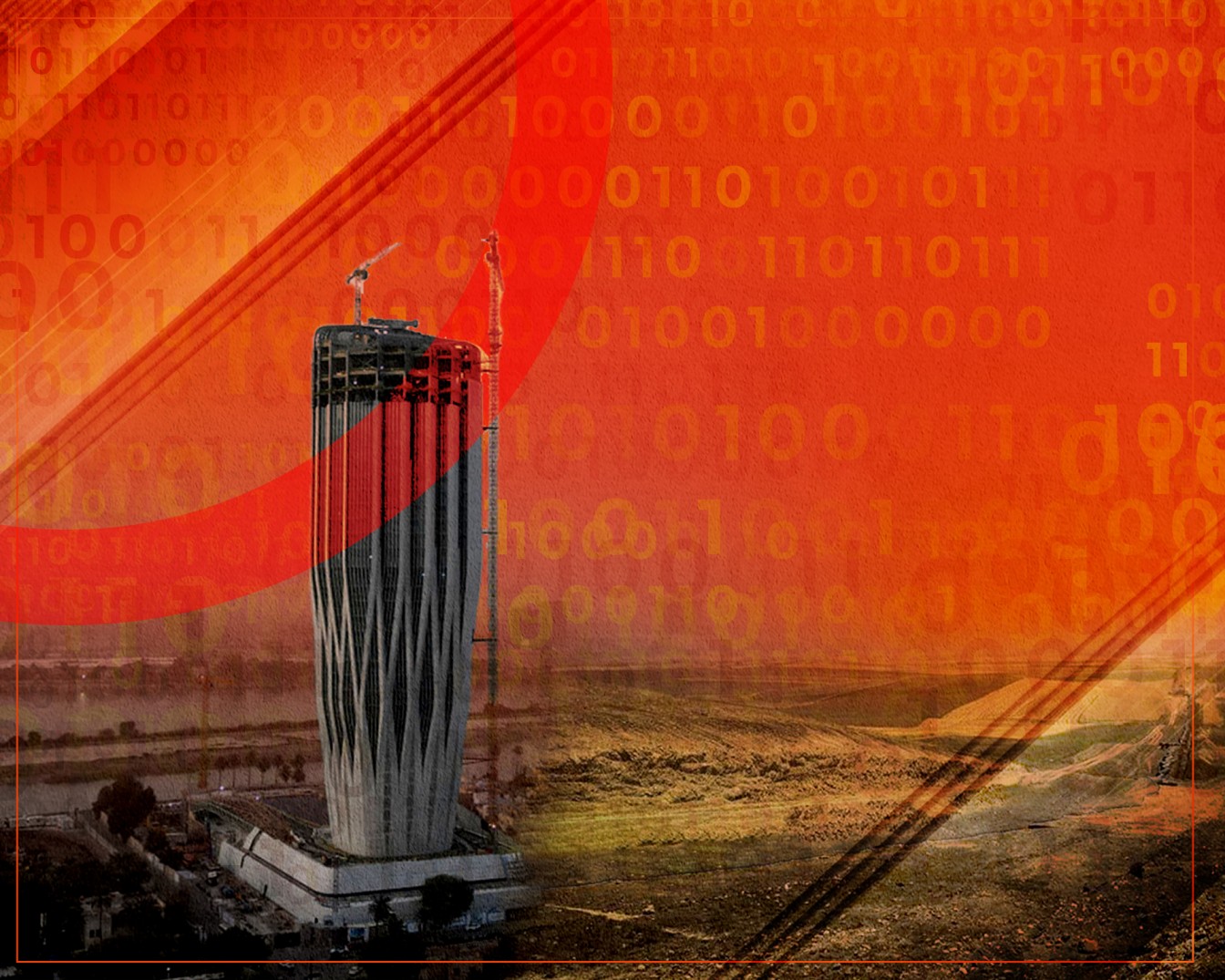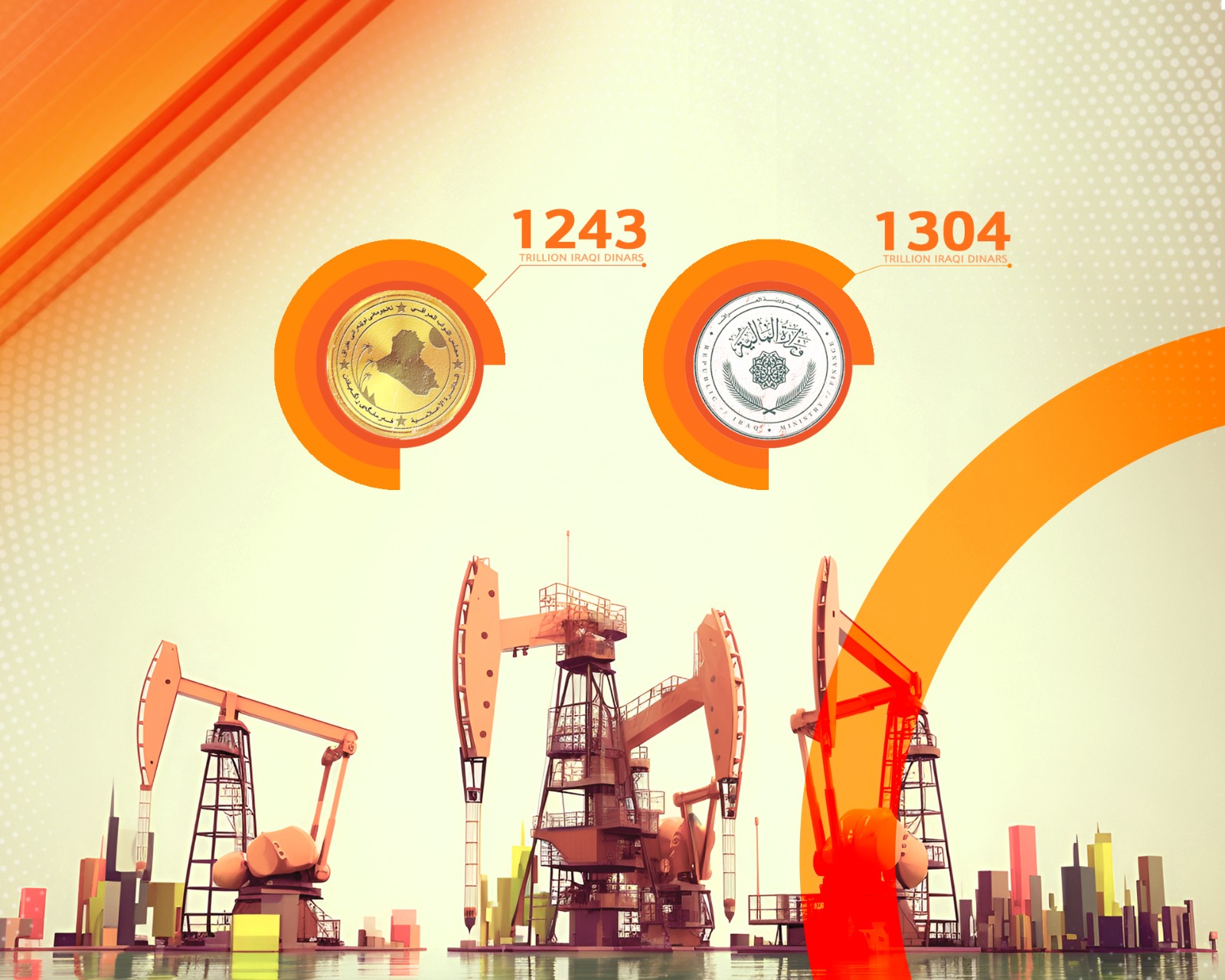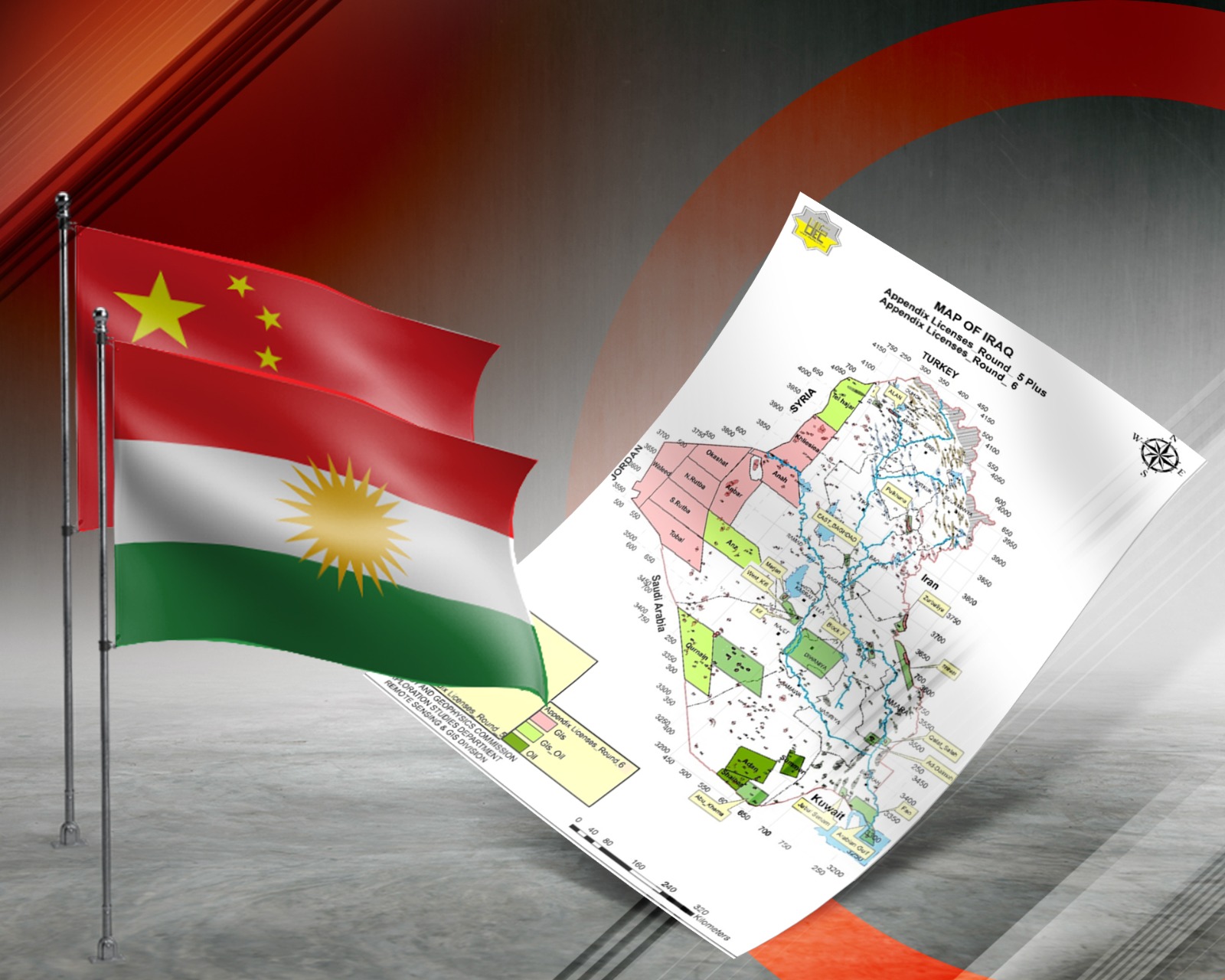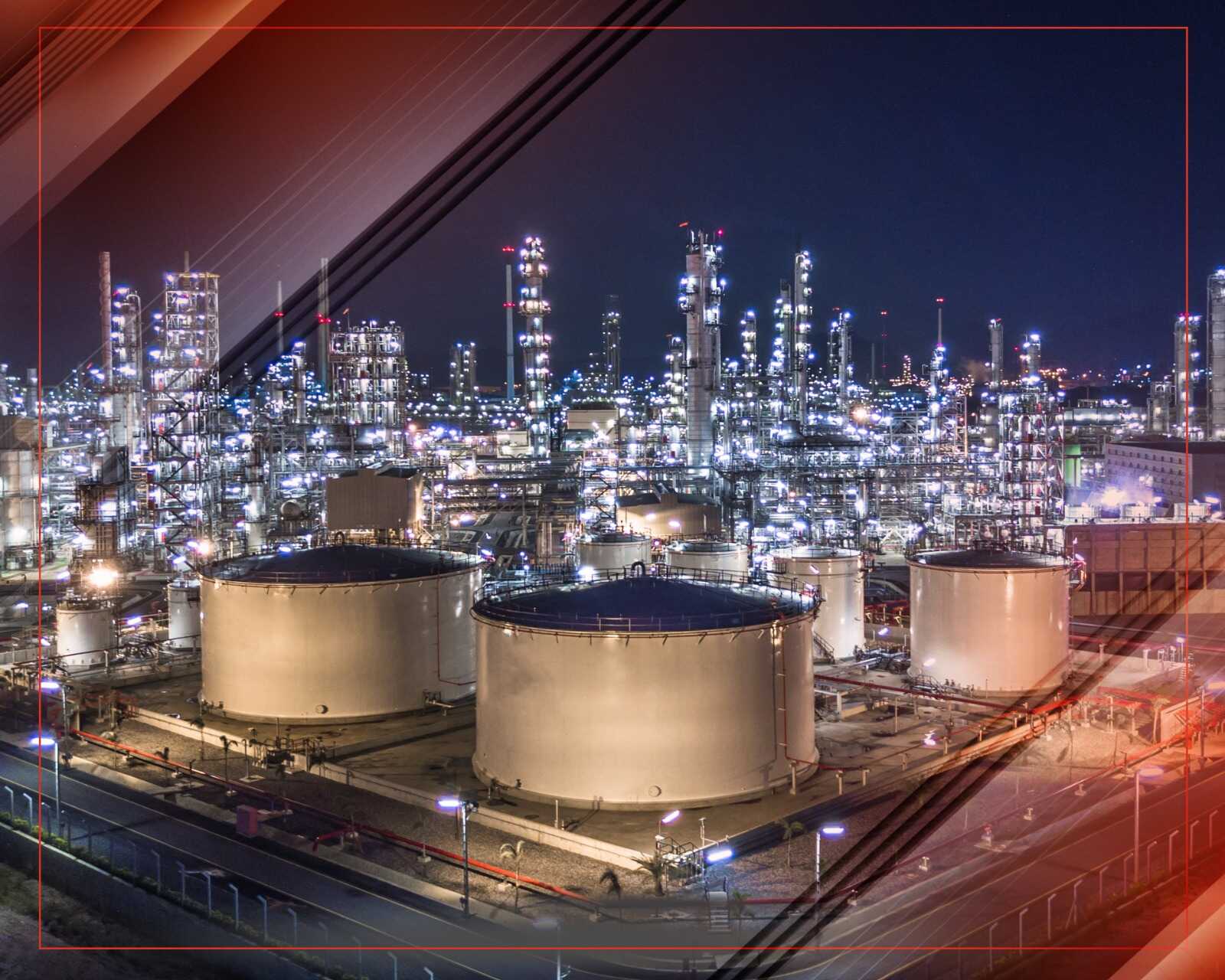Two critical questions arise from this situation. First, are the international oil companies operating in the Kurdistan Region willing to hand over the total oil production at the newly increased cost? Second, how can Iraq export oil from the Kurdistan Region when it is required to reduce both its overall exports and production to comply with OPEC Plus agreements?
In its annual report, "World Economic Outlook,"[1] the International Monetary Fund (IMF) projects a 4.1% GDP growth rate for Iraq in 2025. This forecast aligns with a stable global growth rate of 3.2% across 195 countries, although developing countries, including Iraq, are expected to experience a higher growth trajectory, from a low 0.1% to a notable 4.1%. Although this projection is optimistic, it raises an important question: what factors have led the IMF to foresee such growth for Iraq?
In fact, the reasons behind the fluctuations in the value of the dollar in Iraq, as we see these days, there may be other stories about the Iraqi dollar, in cash, going out to other countries, but not through the dollar markets in Erbil, Sulaymaniyah, Basra, and Baghdad because what is presented in cash and the central bank's figures is less than half the value of Iranian exports to Iraq, let alone the Iranian state through the market to get dollars.
In contrast to the International Energy Agency's forecast for the future of oil, OPEC predicts a 24 percent increase in energy demand by 2050, primarily driven by non-OECD countries, with India and China being the main contributors to this surge. According to OPEC, coal will be the only energy source to see a decline in demand over the next 25 years, while global daily oil demand is expected to reach 120 million barrels per day.
In 2023, according to Iraq’s revenue and expenditure report, 93% of the country’s total revenue emanated from oil, amounting to 125.8 trillion dinars. In contrast, non-oil revenue stood at just 9.7 trillion dinars, or 7% of the total, a sharp deviation from the budget’s initial projections for oil and non-oil revenues.
This $800 million project, which is over three-quarters complete, is now abandoned or expected to be completed by the end of this year. This analysis explores whether the increase in gas production, which has significant demand both inside and outside the Kurdistan Region, represents an opportunity or a challenge for the region's future.
The country’s rapid rise from Third World status to a global superpower, lifting 800 million people out of poverty within a single generation (World Bank, April 1, 2022)[ii], serves as a model for developing nations. Nevertheless, developing countries are eager for the changes brought by China’s infrastructure initiatives, but China’s approach to assistance differs from others as Chinese experts emphasize. “We’re not like the Americans; we can’t offer help for free because our country is still developing,”. However, with long-term loans and Chinese workforces, they believe they can assist in building infrastructure abroad. This duality makes China's presence in developing countries both an opportunity and a potential threat.
The cost of producing a barrel of oil varies by country, field, and management model. For instance, it costs $24 per barrel in the United States and $21 in Norway. In Nigeria, recent contractual changes have increased production costs from $28.90 to $48 per barrel.
There is daily talk in Iraq and the Kurdistan Region about projects costing millions of dollars, as foreign investors have shown their full readiness to invest in these projects. Still, in reality, these projects have nothing but names. Even projects that have already signed their contracts have not been yet constructed like the project of Faw Port, Total Energy Deal, building the headquarters of the Central Bank of Iraq, and also the Chinese project in the Kurdistan Region named “Happy City”.
An annual budget consists of the collection of revenues and their redistribution towards expenditures. The main principle of budgeting is to maintain a balance between revenues and expenditures by increasing revenue sources and reducing expenditures. However, in Iraq, this has been the opposite. Over the past two decades, for example, expenses have increased 29-fold, while revenues have increased only eight-and-a-half times.
On May 22 and 23, 2024, Mahmoud Baban, a research fellow at Rudaw Research Center, speaker at the Second Kurdish Studies Conference, organized by the London School of Economics and Political Science (LSE), the University of Sheffield, Atlantic Fellows for Social and Economic Equity (AFSEE), and Bloomsbury Publishing in Sheffield.
Iraq Finalizes Fifth-Plus and Sixth Rounds of Oil and Gas Contracts, Yielding Over 30% Profit for Participating Companies

In this round, 22 companies from 13 countries indicated readiness to invest in Iraq's oil, gas, and joint fields, but only Chinese and Kurdistan Region companies secured contracts with profit shares ranging from 6.67% to 32%.
The upcoming years are expected to witness the completion of over 47,000 housing units, adding to the existing stock. Notably, the cumulative number of housing units constructed in the central area of Sulaimani province since 2006 totals 90,000 units.
The Iraqi Ministry of Electricity has reiterated its intention to purchase gas from the KRG in the upcoming months. Dana Gas previously announced the completion of an additional 250 million cubic feet of gas production, slated for availability in the second quarter of this year. However, it remains uncertain whether this supply will be allocated for power plants within the Kurdistan Region or Iraq at large.
Throughout the suspension period, the estimated loss surpasses $11 billion if the Kurdistan Region were to sell its own oil independently, escalating to $13 billion if Baghdad were to market it at the price of Iraqi oil exports in 2023.



